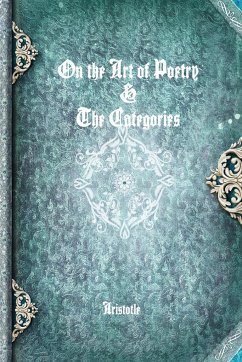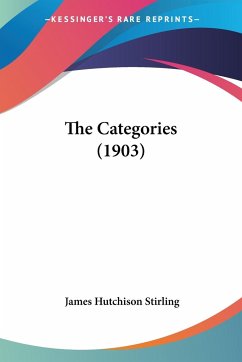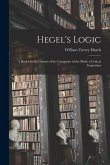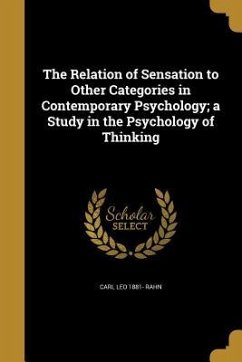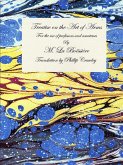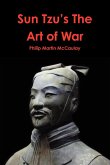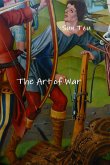Aristotle uses logic to observe the art of poetry and give it credibility in society as an art form. Using many poetic references from his own day he masterfully defends the use of poetic voice and also gives the thinking behind it and what kind of creative genius it is. He next argues and defends the use of categories in human thinking. He shows that putting labels on the wonders around us help us to sort them out and remember them for what they really are and mean to us as a society.
Hinweis: Dieser Artikel kann nur an eine deutsche Lieferadresse ausgeliefert werden.
Hinweis: Dieser Artikel kann nur an eine deutsche Lieferadresse ausgeliefert werden.

